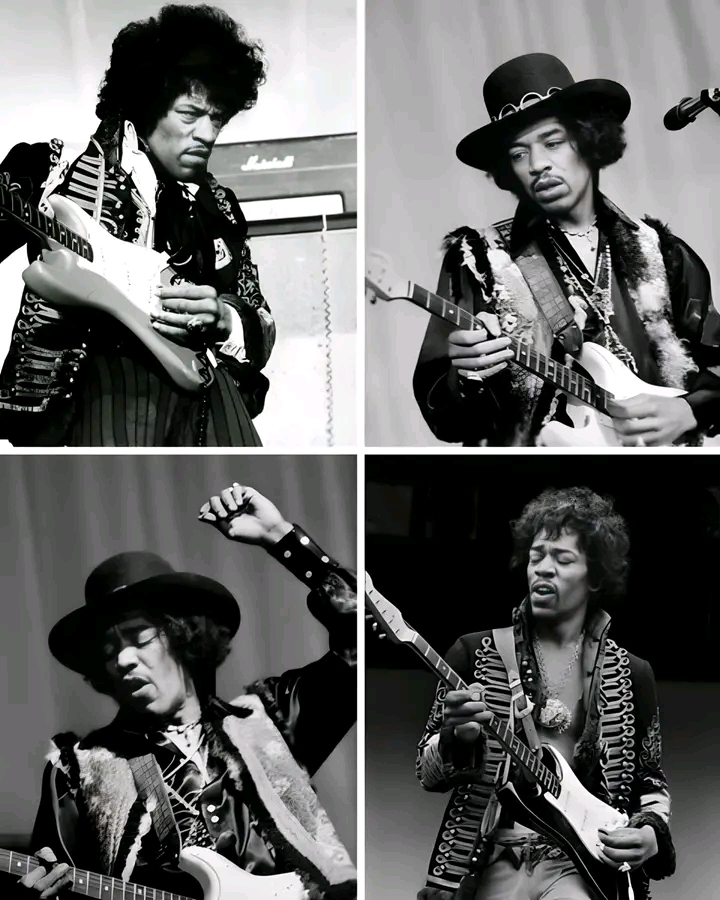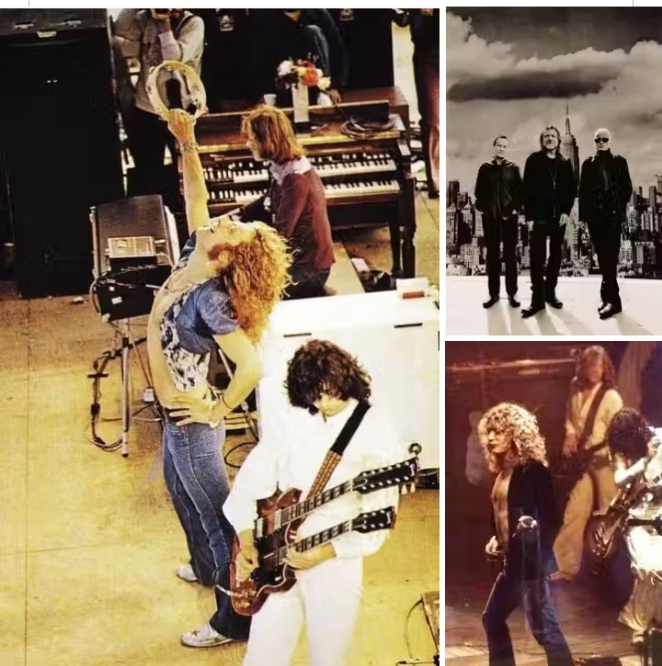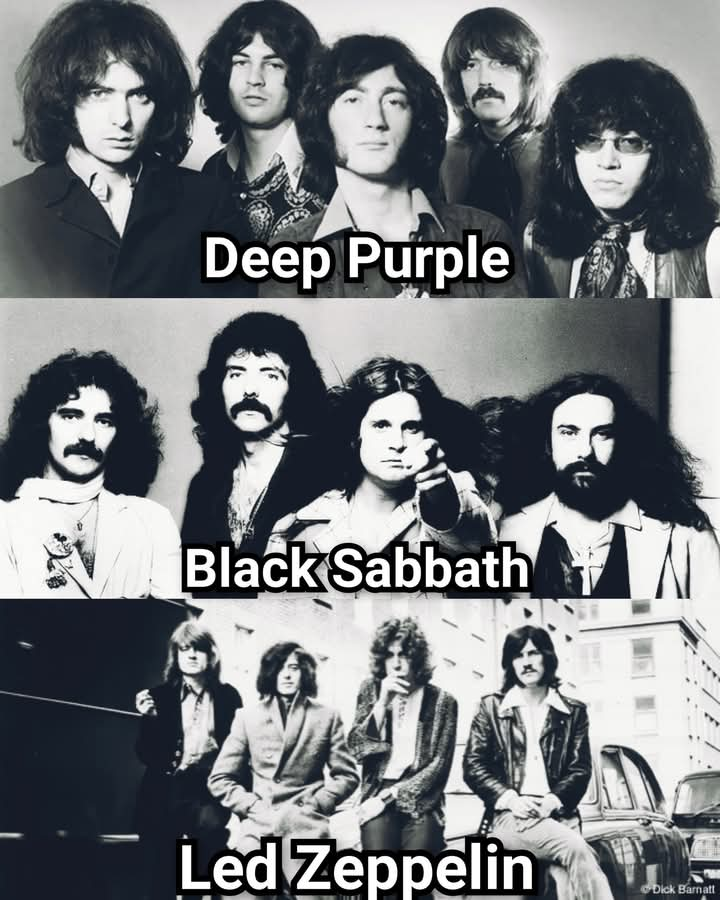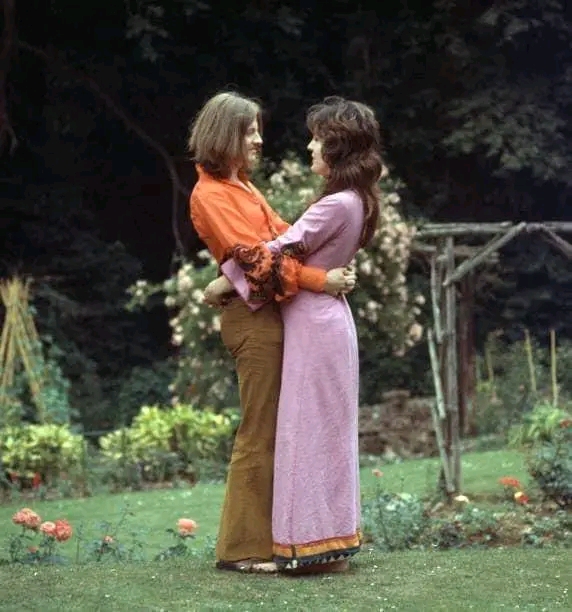
Jimi Hendrix is a name that echoes through the corridors of rock history, a legend whose music transcends time. But was there something more than just talent behind his electrifying performances? Fans and experts alike have often debated whether Hendrix’s guitar skills were simply the result of raw genius—or if there was something almost supernatural about his abilities.
Born in 1942 in Seattle, Washington, Hendrix grew up surrounded by music, honing his craft on a cheap acoustic guitar before transitioning to an electric one. His early influences included blues legends like Muddy Waters and B.B. King, but Hendrix took the guitar to places no one had ever imagined. His use of distortion, feedback, and wah-wah effects was groundbreaking, redefining the possibilities of rock music.
But here’s the mystery—how did Hendrix achieve sounds that seemed impossible? Some say he had an innate ability to “speak” through his guitar, as if channeling a force beyond this world. In fact, stories from fellow musicians and those who witnessed his performances suggest that his connection with the instrument was almost mystical.
Take, for example, his legendary performance at Woodstock in 1969. As he took the stage to perform “The Star-Spangled Banner,” he didn’t just play the national anthem—he transformed it into an emotional, almost otherworldly experience. The guitar shrieked and wailed, mimicking the sounds of warplanes and bombs, encapsulating the chaos of the Vietnam War in a way that words never could. It was as if Hendrix was tapping into something much larger than himself.
Some theories suggest that Hendrix had an extrasensory connection with sound, able to manipulate it in ways no one else could. He was known for playing his guitar upside down and left-handed, a feat that baffled even experienced musicians. Others claim he had an instinctive understanding of frequencies and resonance, using feedback not as an accident but as a controlled musical element.
One particularly eerie tale comes from a 1968 recording session. According to studio engineers, Hendrix once recorded a track in a single take without hearing the backing music—yet his guitar perfectly matched the rhythm and feel of the song. Was it an uncanny sense of timing, or was there something more mystical at play?
Despite his death in 1970 at just 27 years old, Hendrix’s music continues to influence generations. His experimental techniques paved the way for modern guitarists, and his fearless innovation set a new standard for rock and roll.
But the question remains—was Jimi Hendrix simply a once-in-a-lifetime genius, or did his guitar playing tap into something beyond human understanding? While we may never know for sure, one thing is undeniable: Hendrix didn’t just play the guitar—he became the music. And that, in itself, might just be the most supernatural thing of all.





